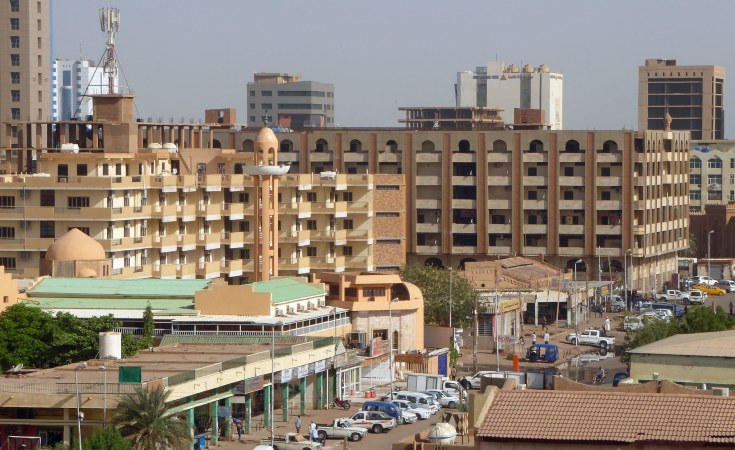El Fasher — On Wednesday, a workshop on transitional justice in the North Darfur capital El Fasher, concluded with recommending handing over the indicted officials from the former regime, including Al Bashir, to the International Criminal Court (ICC), and documenting the abuses related to the war in Darfur as well as gender-based violence in the region.
The participants of the workshop, organised by the People for People organisation and funded by the UN Integrated Transition Assistance Mission in Sudan (UNITAMS), also recommended "preserving the rights of the victims and those affected when declaring political amnesty".
The workshop also recommended addressing the issues of land ownership and hawakeer (lands traditionally used by a particular clan or tribal group), demographic changes, the presence of new settlers occupying lands of the displaced, and to develop formal and traditional mechanisms in dealing with these issues.
The participants further called for amendments to laws concerning the use of farmland and pastures, the registration of residential and agricultural lands, and reform of government and native administration* structures. Laws criminalising the recruitment of minors for military purposes, must be activated as well.
In addition, a series of dialogues on transitional justice and the ongoing political process should be organised in Darfur and the media gap in conflict areas is to be addressed.
Addressing the United Nations Security Council last week, ICC Chief Prosecutor Karim Khan said in his 36th report that the ICC has made "swift progress" in the trial of former janjaweed leader Ali Muhammad Ali Abdelrahman (known as 'Ali Kushayb') who stands accused of 31 counts of war crimes and crimes against humanity in Darfur between 2003 and at least 2004. However cooperation with the Sudan government has deteriorated.
Although cooperation from the Sudanese Government is critical, the ICC prosecutor reported that many important promises and agreements - including Memoranda of Understanding signed during his visit to Khartoum last year - remain outstanding.
* Native Administration was instituted by British colonial authorities seeking a pragmatic system of governance that allowed for effective control with limited investment and oversight by the state. The Native Administration also took on new responsibilities for executing policies, collecting taxes, and mobilising labour on behalf of the central government. According to the Darfur Bar Association (DBA), the Native Administration during the 30-year rule of dictator Omar Al Bashir did not represent the real local leaders and was only a tool used to prevent uprisings.


